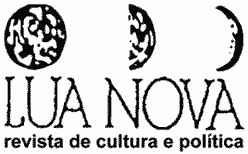The reconstruction of German political economy after the Second World War was marked by the consolidation of many forms of regulation via networks. Those networks, present in many areas of the economy, stimulated the cooperation among the actors, having critical implications for the performance of the model. The outstanding results in terms of competitivity combined with outstanding social indicators. In recent years, international transformations, including financial liberalisation and internationalisation of production, have putting the social coordinated capitalism in check. In face of the economic challenges, Germany has been adopting a range of reforms in the attempt to make the model more flexible. Nevertheless, central aspects of the coordinated capitalism have been preserved, including the system of industrial relations and the mechanisms of social citizenship.
Models of Capitalism; Institutions; Coordinated Capitalism; Germany; Political Economy
